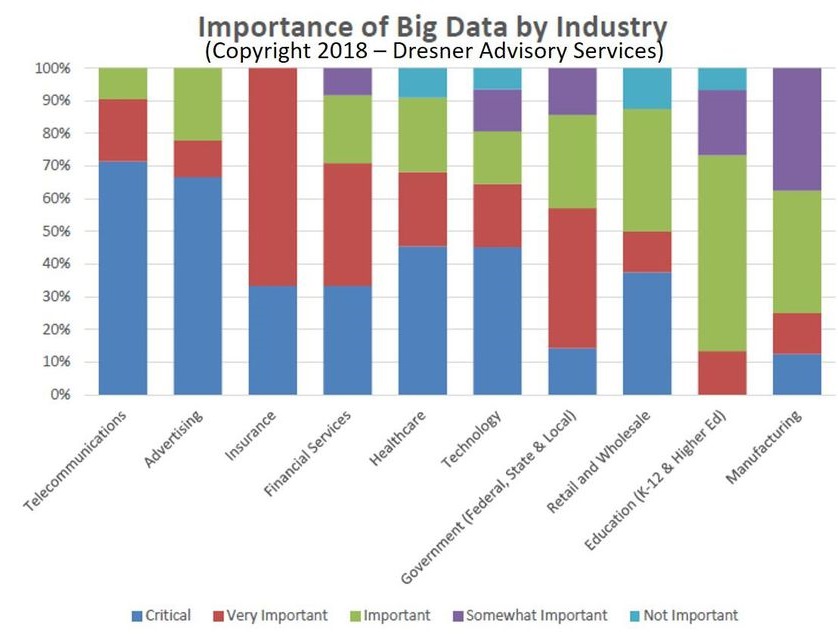In the latest trend, it’s seen that marketing of a particular thing from a retailer utilizes various procedures to spot clients demanding that product based on the data. This was achieved by assigning the ID, and also their purchases were monitored. This was done to expect the buying pattern of this customer to design campaigns that were targeted for promotion.

Initially, when partnerships were to there is a high degree of dependence on factors like the experience, and make conclusions and intuitions. With times changing, and better solutions and techniques visiting our aid, that decision making is now basing upon less intuition and more significant investigation!
Big Data Analytics Helps In:
- Reducing organizational costs
- Increasing workforce efficiency and productivity
- Setting up competitive pricing
- Having demographics based sales strategies
- Driving brand loyalty
- Hiring smarter people for smarter jobs
- Recalibrating business strategies
How These Technologies Work:
Big data analytics is a revolution within the area of information technology. Every year, using information analytics from organizations is enhancing. The principal focus of the businesses is on customers. Hence the field is flourishing at Business to Consumer (B2C) applications. The analytics are divided by us. We’ve got three branches of Bigdata Analytics Course: Prescriptive Analytics, Predictive Analytics, and Descriptive Analytics.
With the tools, analysis of data becomes increasingly accessible and quicker. This, in turn, contributes to decision making saving time and energy.
Further, let us proceed on into the decisions are taken by stages of their assistance in altering the way enterprises and big data analytics.
- Machine Learning
- NoSQL Databases
- Data Storage And Management
- Data Virtualization
- Hadoop
- In-Memory Analytics
- Predictive Analytics
- Data Integration
Leveraging Big Data for Enterprise:
Considering the tremendous increase from the requirement for online venture software nowadays, the present era may well be named the Enterprise Era. The simple fact exemplifies that Walmart is tracking around 1 million transactions per hour. This informative article makes one ponder over how difficult it has become to track and use such amounts of unstructured data.
Using info can be a tricky task, especially with the increasing number of data sources requirements for new data, and the need for higher processing speed. Hence, for rapid business development and superior operational efficiencies, businesses will need to address and overcome these challenges.
Various big-data techniques and methodologies have been adopted to process and find the proper Data (that which is enough and appropriate for use) out of such unstructured data collections.
In many enterprises, the recent past has spent heavily on developing data warehouses. These may act to report, extract, transform, and load different procedures, and ingest data from different databases as well as different sources–both indoors and outside the enterprise. It is overloading expensive enterprise data warehouses, resulting in a considerable processing burden; since the number, velocity, and amount of data are still growing.
The Role of Hadoop
To get rid of this bottleneck, associations are currently opting for open source tools such as Hadoop to the data warehouse. Hadoop can help organizations reduce costs, and when it’s used alongside different data warehouses, turn tremendously efficient.
However, as Hadoop needs some skillsets to deploy it, associations have started trying alternatives out. An alternative developed by the combined efforts of Dell, Intel, along with Cloudera and works on the use case driven Hadoop reference architecture.
This technology simplifies info processing with the help of a structure, which helps users to optimize an Existing data warehouse. This offloading solution offers a Hadoop environment.
The Cloudera Supply of Hadoop (CDH) delivers all of the core components of Hadoop, such as scalable storage and distributed computing. It enables users to reduce the Hadoop deployment period become and to just weeks, develop Hadoop tasks within hours productive. CDH guarantees security, high availability, and integration with the set of other programs.










